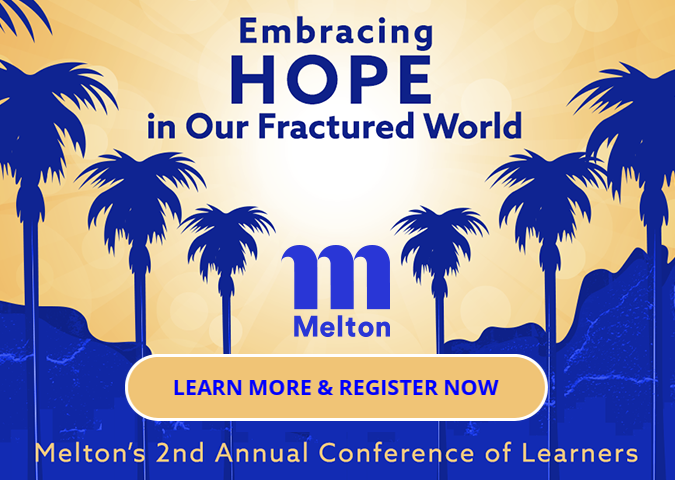The Problem With Quick-Fix Jewish Wisdom
2021 has begun, and the pandemic is still looming. So many aspects of our lives feel like they remain on hold.
In the chaos and uncertainty of our moment, we often find ourselves seeking a nugget of inspiration — something to give us strength to keep going, or to frame our experience with purpose and meaning.
There is no shortage of places to look — a podcast we've downloaded, a TED talk a friend recommended, a Netflix documentary that is supposed to be moving, even a few words from an online yoga class or Peloton instructor. Sometimes these searches yield moments of inspiration, but inevitably the message almost always fades with time — and then, we are back on the hunt.
Why are we on this endless search for the next piece of inspiration?
In our modern secular culture, there is an underlying expectation that there is a quick fix for our most existential human questions — we just have to attune ourselves to the right channel, uncover the right message, and then glean and operationalize the insight.
The American Jewish community often brings the same expectation to our Jewish teachers. We want our rabbis to say a very wise thing, using eloquent words that make us momentarily feel like everything is as it should be, or provides us with direction for what to do. We want clear and simple answers.
The truth is, the wisdom of the Torah doesn't work this way. While we do hold our great teachers in high esteem, our tradition understands that the process of acquiring wisdom requires commitment, time, and energy. In fact, the blessing we recite before Torah study expresses gratitude for the obligation we have to "busy ourselves with the words of Torah." Built into our tradition is a regular daily practice of learning, even a small bit, so that we are always involved with Torah "busy-ness."
Consistency in life may take many forms. As the pandemic has significantly upended most of our lives, many of us have found great comfort in consistent rituals. Some are Jewish, such as lighting the candles on Shabbat or baking challah. Others are communal, such as gathering with friends or family at a set time over Zoom. These rituals provide structure, continuity, comfort, and purpose during a time of great uncertainty.
An ongoing practice of deep Jewish learning provides this opportunity — and even more! Jewish wisdom is inculcated through consistent, ritualistic engagement, practice, and commitment.
Judaism isn't a spectator sport. It's a religion, a tradition, and a culture that allows one to take the plunge into a truly engaging multifaceted tradition — a tradition where you can disagree, hold multiple truths, push back, and live in the ambiguity of the text or conflicting ideas. There are no easy answers.
In our work at the Melton School of Adult Jewish Learning, we lean on these concepts every day. My colleagues and I work to help people build a scaffold for crucial conversations through Jewish learning across time. We have no interest in spoon-feeding information or in teaching dogmas. Instead, our goals lie in immersive interaction where learners can come to their own conclusions about their worldview based on deep discussion, intellectual debate, and personal grappling. This model of Jewish education through repetitive practice and dialogue has been at the center of our multi-thousand-year tradition. It gives us a stable foundation to navigate life's uncertainty — a foundation needed now perhaps more than ever.
I hope that during this time of unprecedented uncertainty, we all find comfort in our rituals, continue to find solace in consistent learning, and grow closer to one another along the journey.
Image available from Wikimedia Commons
When you subscribe to the blog, we will send you an e-mail when there are new updates on the site so you wouldn't miss them.


